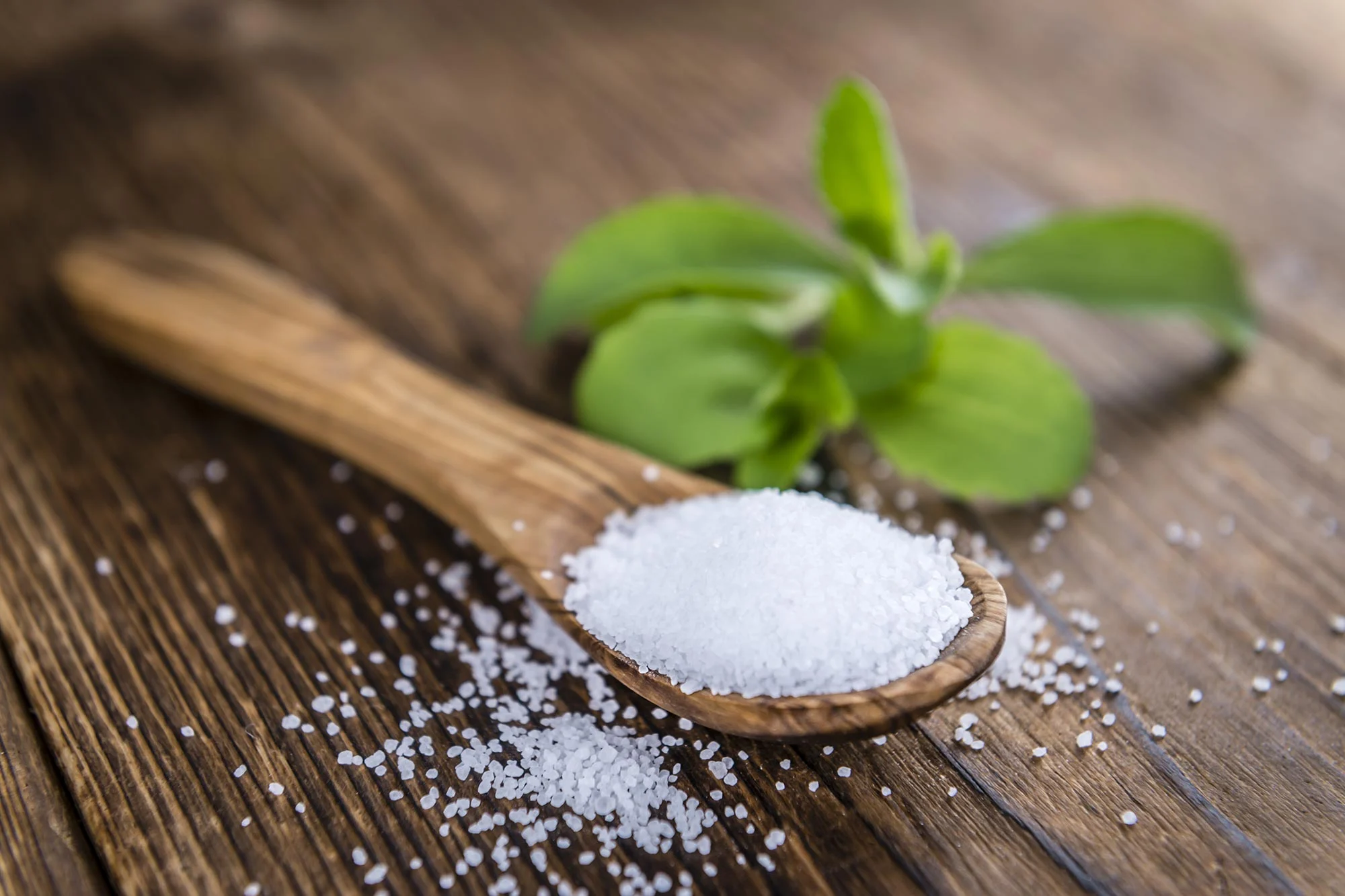It started as a sugar substitute—and ended as a weapon against one of the deadliest forms of cancer.
In a twist that would make any pharmaceutical executive sweat, researchers at Hiroshima University have discovered a way to turn stevia—yes, the zero-calorie sweetener from your local grocery aisle—into a precision-engineered cancer killer. But not by changing the plant itself. By fermenting it with bacteria pulled from banana leaves.
The result? A natural compound so potent, it selectively kills pancreatic cancer cells while leaving healthy kidney cells untouched. No chemo. No radiation. Just a humble plant, reprogrammed by microbes into a bioengineered assassin.
The key to this transformation is microbial biotransformation—the process of using probiotics to supercharge natural compounds. In this case, the bacterium Lactobacillus plantarum SN13T rewired stevia’s internal chemistry to produce a molecule called chlorogenic acid methyl ester (CAME), a derivative so biologically aggressive it forces cancer cells into self-destruction. Not just slowing their growth—ending it.
Pancreatic cancer, notorious for its invasiveness and treatment resistance, has long been one of modern medicine’s cruelest riddles. With a five-year survival rate below 10%, it’s a death sentence more often than a diagnosis. Current treatments barely buy time. But fermented stevia? It’s showing the kind of targeted lethality pharma dreams about.
In lab tests, this microbe-enhanced extract delivered a cytotoxic punch that outperformed unfermented versions by a mile—attacking cancer while sparing normal cells. It’s the kind of surgical precision oncology has been chasing for decades. And it didn’t come from a lab full of synthetic chemicals.
It came from a leaf.
While big biotech has spent billions racing to develop complex immunotherapies, Hiroshima’s probiotic pioneers took a radically simpler approach: let nature do the heavy lifting. Their discovery is part of a growing shift in medicine—one that sees fermentation, not fabrication, as the next big frontier in therapeutic design.
The implications go far beyond cancer. If bacteria can convert a sweetener into a biologically active drug, what else can they do? Could our future medicines be brewed like kombucha—cultured from plants, programmed by microbes, and customized for specific diseases?
The team’s next step is animal trials, but the message is already clear: we’ve been underestimating the pharmacy hidden in our food. Stevia was once just a sugar alternative.
Now, it’s a biological Trojan horse—and cancer never saw it coming.


